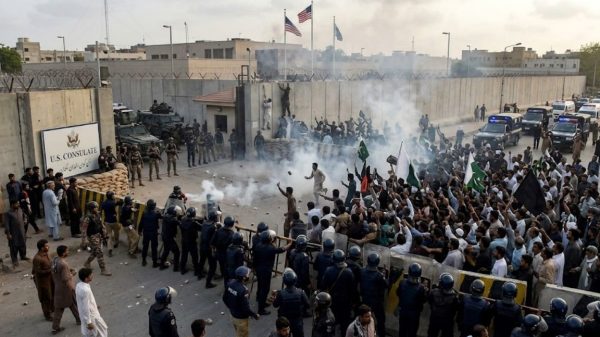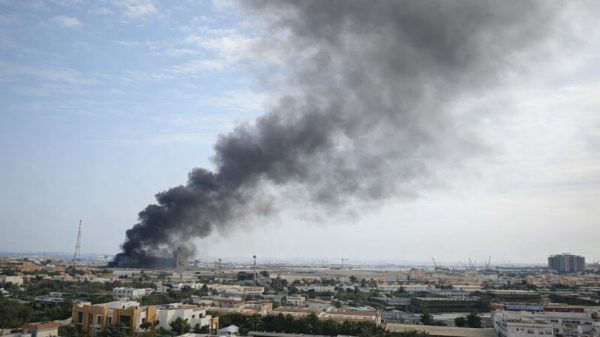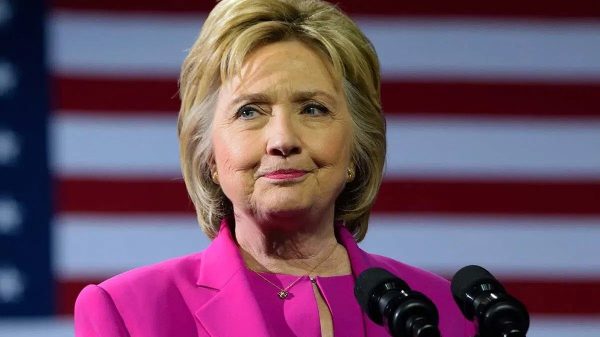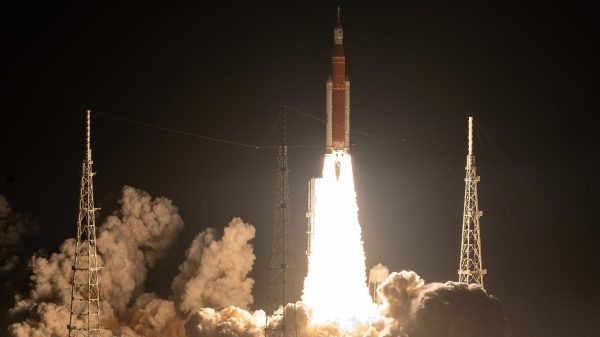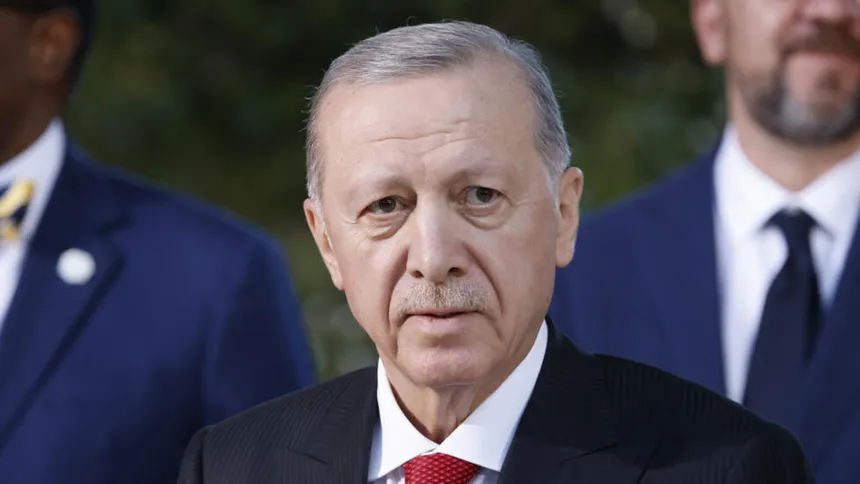Recep Tayyip Erdogan, Turkey’s long-time leader, is fighting to extend his reign for the next five years, despite criticism of his presidency and the country’s economic woes. As the decisive second round of the presidential election approaches, Erdogan’s 20-year tenure has been marked by significant changes in Turkey’s political terrain. Once a ceremonial role, the presidency has been transformed into a powerful office under his leadership, and his party, the Justice and Development Party (AKP), has held a substantial majority in parliament for most of that period.
However, Erdogan’s popularity has waned in recent years due to high inflation, which has led to a cost-of-living crisis, and the slow response to a devastating earthquake that killed over 50,000 people in February. The earthquake disaster has further eroded Erdogan’s credibility, and his ability to address the crisis has been widely questioned.
Despite these challenges, Erdogan remains a popular figure among many Turks, particularly among conservative and nationalist voters. His ability to resonate with these voters has allowed him to stay ahead of his opponent, Kemal Kilicdaroglu, in the polls. Kilicdaroglu, the leader of the opposition centre-left Republican People’s Party, is campaigning on a promise to reverse Erdogan’s democratic backsliding, restore the economy by reverting to more conventional policies, and improve ties with the West.
Erdogan has become known for his ability to use his powers to silence opposition voices and suppress dissent, with the country’s judiciary heavily influenced by his government. This has led to allegations of political bias and intimidation. Critics have also accused Erdogan of using his powers to manipulate the election process, further eroding trust in the democratic institutions.
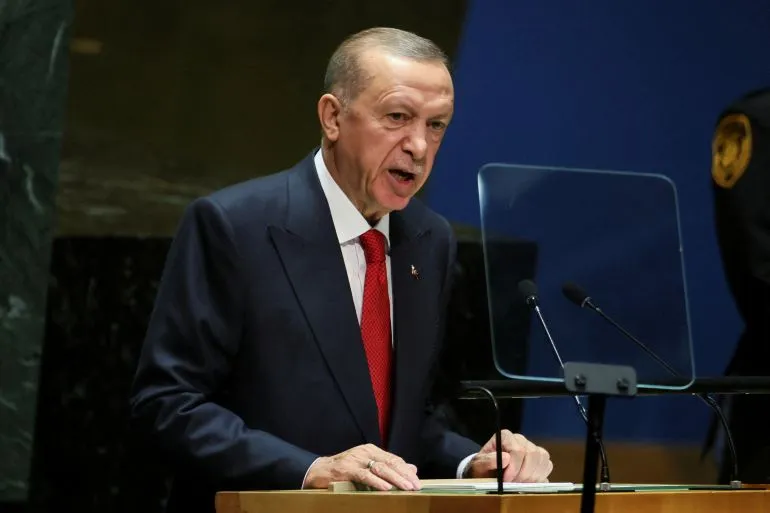
Recep Tayyip Erdogan (Via Recep Tayyip Erdogan/Twitter)
Turkey’s role in regional and international politics has also been a significant issue in the election. Erdogan’s decision to purchase Russian missile-defence systems and veto Sweden’s bid to join NATO has raised concerns about Turkey’s alignment with international powers. However, his government has also been instrumental in brokering a deal to allow Ukrainian grain shipments, which has averted a global food crisis.
The election outcome will have significant implications for Turkey and its relations with the international community. If Erdogan is re-elected, he will remain in power until 2028, and his government will continue to shape the country’s domestic and foreign policies. On the other hand, a Kilicdaroglu victory could lead to a significant shift in Turkey’s political terrain, with potential consequences for the country’s relationship with the West and its regional role.
In his final push for votes, Erdogan has appealed to his supporters to ensure a high turnout in the election. He has also received the endorsement of third-place candidate Sinan Ogan, who gathered 5.2 per cent of the votes in the first round. His government has also secured support from the nationalist party that had backed his candidacy, which has pledged to back Kilicdaroglu.
The election outcome remains uncertain, with over 64 million eligible voters expected to cast their ballots. Preliminary results are expected within hours of the polls closing. Whichever candidate emerges victorious, the outcome will be closely watched by international observers and will have significant implications for Turkey’s future. The stakes are high, and the election will likely have far-reaching consequences for Turkey’s domestic and international politics.


